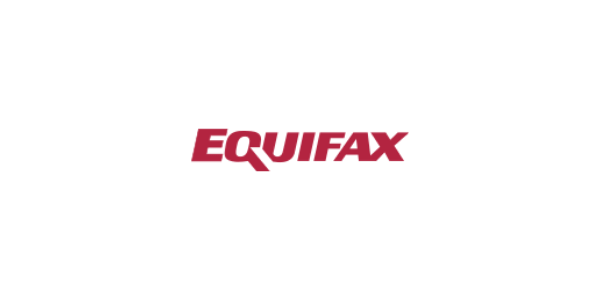
Consumers Cut Back On Credit Card Debt

Consumers are cutting back on credit card debt as mortgage volume reaches unprecedented levels.
- Overall consumer debt stands at $2.08 trillion, up 0.62% from the last quarter of 2020 and up 4.78% from the first quarter of 2020.
- New mortgages are up 41.2% in Q1 of 2021 compared to Q1 of 2020.
- Credit card balances dropped to 9.9% in Q1 of 2021 compared to last year and 4.2% compared to the last quarter of 2020.
- The average consumer debt (excluding mortgages) fell 4.2% from Q1 2020 to $20,430.
Most consumers are cutting back on credit card debt as mortgage volume reaches unprecedented levels. Overall consumer debt stands at $2.08 trillion, up 0.62% from the last quarter of 2020 and up 4.78% from the first quarter of 2020.
New mortgages are up 41.2% in Q1 of 2021 compared to Q1 of 2020. The average limit on new mortgages also grew 20.5% to $326,930 year-over-year. A large portion of the new mortgage growth was driven by B.C. and Ontario, which saw jumps of 59.2% and 44.3% in volume respectively compared to Q1 of 2020.
New mortgage stress test criteria was introduced in June to set the qualifying rate on uninsured mortgages at a contracted rate plus 2 percentage points or 5.25%. This is expected to limit the purchasing capacity of a lot of buyers and help slow the overheated market.
Rebecca Oakes, assistant vice president of Advanced Analytics at Equifax Canada, said, “Low interest rates and speculation around U.S. inflation impacting our interest rates has fueled mortgage volumes as consumers fear future interest rate hikes. Competition among homebuyers is fierce in many markets across the country. We’ll monitor whether the new mortgage stress test helps to cool off the hot housing market.”
Increased activity in the housing market has caused Canadians to live more frugally, effectively lowering credit card debt to its lowest level in 6 years. Credit card balances dropped to 9.9% in Q1 of 2021 compared to last year and 4.2% compared to the last quarter of 2020.
The number of credit cards per consumer has been declining since 2016, as more people become conscientious with their credit. Younger consumers, who are more likely to miss payments, have dropped their spend-to-payment ratio. Gen Z has done the same, helping to pay off their credit card debt. The average consumer debt (excluding mortgages) fell 4.2% from Q1 2020 to $20,430.
Oakes said, “The road to recovery continues to be uneven with non-mortgage delinquency rates among younger consumers (under 35) on the rise since last quarter, but older consumers have managed to keep their non-mortgage delinquencies at lower levels.”
Non-mortgage delinquencies fell 21.8% from last year and 4% from the last quarter, with credit cards and non-bank auto loans having the biggest drop. The 90+ day mortgage delinquency fell 19% compared to Q1 of 2020 and 7.4% from Q4 of 2020.
Mortgage delinquency rates are at an all-time low with some variations across cities and provinces. Except for Vancouver and Fort McMurray, most have shown a decline. Vancouver had a 14.6% increase compared to Q1 2020 and Fort McMurray had a 38% increase compared to last year.
“Successful vaccine rollouts will be the critical factor in opening up the economy, which will have a big impact on consumer spending and debt management. Canadians should be preparing themselves for a point in time, which will likely come in this calendar year, when governments begin to rein in support mechanisms,” Oakes added.
To view Equifax data on delinquency rates for Q1 of 2021, click here.




